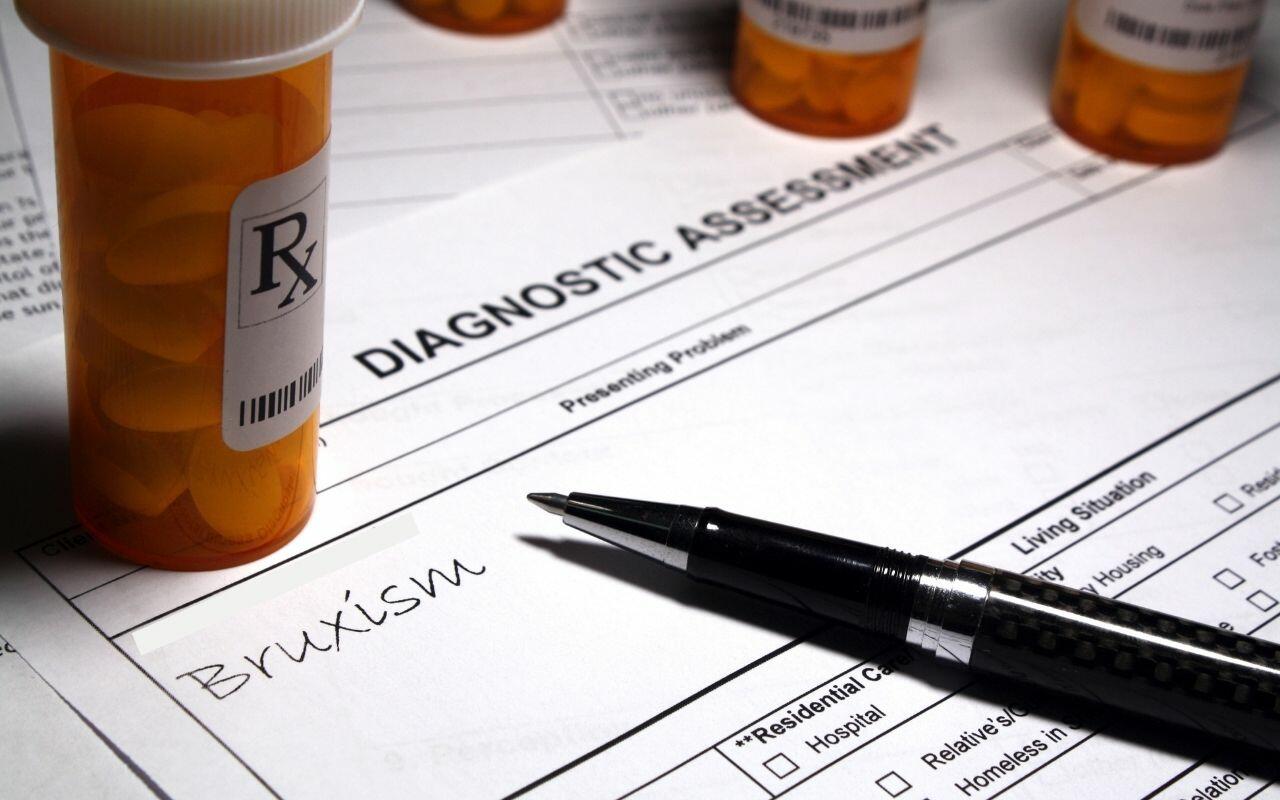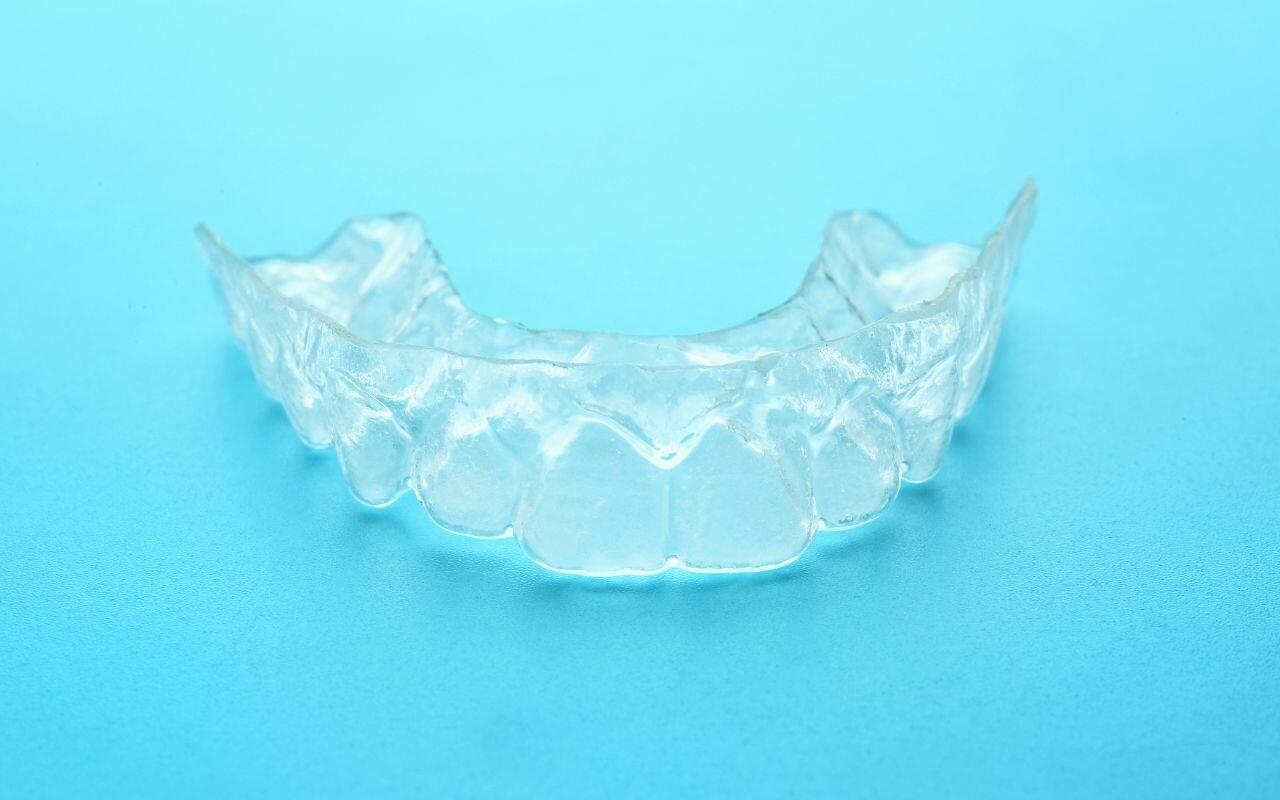Updated June 2021
Many people grind and clench their teeth (bruxism) during sleep, some to the extent that they suffer erosion of tooth enamel, severe headaches, pain in the face and neck, and insomnia. Although there isn’t a cure at this time, there are a variety of treatments that might help reduce the grinding and clenching. These include drug therapy, behaviour therapy, and the use of dental appliances.
Drug Therapy for Bruxism

- Topiramate, Gabapentin, and Hydrozine have been tested on very small test groups. All three drugs inhibit nervous arousal to prevent or reduce grinding and clenching but they are not 100% effective. However, all of these drugs have side effects that must be considered, including possible dependence, thoughts of suicide, and other psychological effects.
- Bruxism occurs most frequently during REM sleep and researchers have considered drugs to block or reduce the REM cycle thereby reducing teeth grinding in the patient. This therapy, if used at all, is reserved for severe cases. REM sleep cycles also allow the brain to lay down memories and perform other tasks important to brain health and that should not be reduced if possible.
- Botox therapy provides temporary relief from acute pain when injected into the joint of the jaw. The injections must be repeated over time due to the temporary nature of the medication.
Behaviour Management Treatment for Bruxism

Efforts to reduce stress, such as biofeedback techniques, have shown some positive results but do not appear to remove symptoms. Acupuncture, physical therapy, and even yoga, have been helpful for some patients. Learning to recognize unwanted behaviours, together with instruction from a dentist, can be helpful.
Bruxism Custom Dental Appliances

Mouthguards protect teeth and act as a buffer to the pressure from the jaws. They have been shown in studies to actively reduce the duration and frequency of bruxism episodes and have been shown to be at least as effective as other treatments in comparison studies. Perhaps most important, patients do not have to worry about side effects from drugs or from the appliance.
Bruxism Diagnosis and Treatment Plan
Most patients with bruxism can be treated successfully with a custom mouthguard and counselling. If you are suffering from nightly grinding and clenching, schedule an appointment to get on the road to relief!
